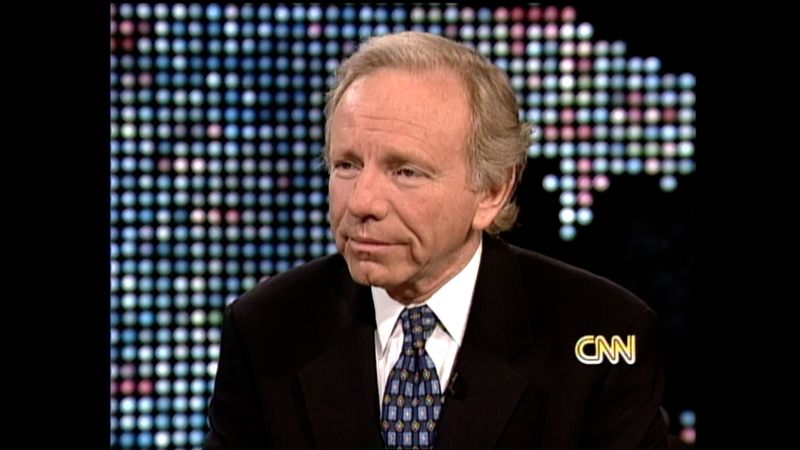Despite being a Democrat and a close friend of Bill Clinton, Lieberman felt compelled to speak out against the President’s behavior due to his commitment to principles of honesty and integrity in public office. He believed that it was important to hold the highest office in the land to a high standard of morality and ethics, regardless of political affiliation or personal relationships. Lieberman’s decision to publicly criticize Clinton was met with both support and backlash from his colleagues and constituents, but he remained steadfast in his belief that it was the right thing to do.
The fallout from his public criticism of Clinton was significant, with many in the Democratic Party questioning his loyalty and motives. Lieberman’s principled stance on the matter ultimately led to strained relationships with some of his colleagues and friends in the party, but he stood firm in his conviction that holding leaders accountable for their actions was paramount to upholding the integrity of the institution of the presidency. Despite the backlash, Lieberman later went on to become Al Gore’s running mate in the 2000 presidential election, showcasing his ability to navigate the complexities of political relationships and remain true to his values.
Lieberman’s candid reflection on the difficult decision he faced in publicly criticizing Clinton sheds light on the internal struggles and conflicts that politicians often face when upholding their principles in the face of political pressure. His willingness to stand up for what he believed was right, even at the risk of personal and professional relationships, serves as a reminder of the importance of moral courage in public service. Lieberman’s actions demonstrate the challenges and sacrifices that come with being a principled leader in a politically charged environment, but also highlight the potential impact that one individual’s integrity can have on the larger political landscape.
The interview with Larry King provides insight into the personal toll that public life can take on individuals, as Lieberman opens up about the emotional weight of having to make tough decisions that may go against the grain of party loyalty or personal relationships. Despite facing criticism and backlash for his actions, Lieberman’s decision to speak out against Clinton’s behavior ultimately solidified his reputation as a principled politician willing to stand up for his beliefs, regardless of the consequences. His candid reflections on this challenging moment in his public career serve as a testament to the importance of moral integrity and ethical leadership in the political sphere.
By sharing his experience in the interview, Lieberman offers a glimpse into the inner workings of political decision-making processes and the personal struggles that come with navigating the complexities of public life. His story serves as a valuable lesson for aspiring politicians and leaders about the importance of staying true to one’s values and principles, even in the face of adversity. Lieberman’s willingness to share his vulnerabilities and challenges as a public figure sheds light on the human aspect of politics and the difficult choices that leaders must often make in order to uphold their integrity and moral convictions. Ultimately, his story serves as a testament to the enduring importance of moral courage and ethical leadership in the political arena.


